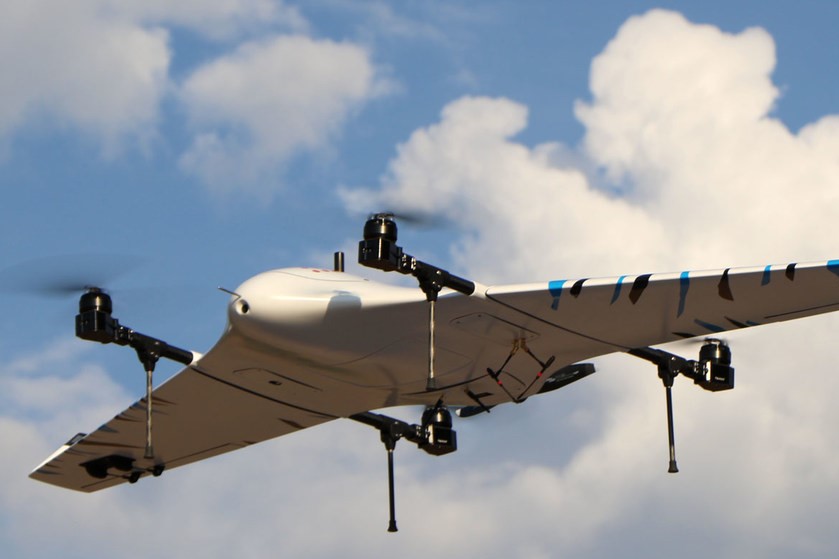
Botswana, drones to deliver essential and emergency medical supplies
In Botswana, drones are providing access to essential and emergency medical supplies to even the most remote and hard-to-reach areas
Botswana, the Drones for Health project
Access to health care, and even more so to medicines and medical supplies, is an extremely serious problem in many parts of Africa.
Rural areas often suffer from a lack of supplies.
The Drones for Health project is a collaboration between the country’s Ministry of Health and Welfare, the Botswana International University of Science and Technology (BIUST), the United Nations Population Fund and the Dutch drone company Avy.
Launched in May this year at BIUST’s Palapye campus, the pilot project aims to demonstrate how drones can speed up the delivery of essential and emergency medical supplies to remote communities.
The pioneering towns will be Lecheng, Mokgware, Moremi and Mogapi in eastern Botswana
The results are already promising, with delivery times reduced by up to 65% in some cases, compared to traditional access.
Among the specific objectives of this project is the condition of women in childbirth: in the absence of blood transfusion rather than medical supplies, any problem often turns into a drama.
Botswana has 166 deaths for every 100,000 births: a figure that needs to be addressed and reduced
“When a woman has lost a lot of blood during childbirth and may need to be transferred to a bigger medical facility, she first needs to be stabilized where she is before being driven out of that place.
Timely delivery of blood can be lifesaving.
A drone can be sent to deliver the blood so that the patient is stabilized,” says Lorato Mokganya, Chief Health Officer in the Ministry of Health and Wellness.
In an effort to curb the country’s preventable maternal deaths and overcome geographical barriers this innovative initiative will revolutionize the delivery of essential medical supplies and services across Botswana.
“Timeliness in attending to women who experience pregnancy and childbirth-related complications is paramount, especially in remote and hard-to-reach areas,” says Dimane Mpoeleng, Computer Science Lecturer at the Botswana International University of Science and Technology (BIUST).
The leading causes of maternal deaths in Botswana are excessive bleeding, complications after abortion and hypertensive disorders during pregnancy.
However, the last-mile delivery of lifesaving medical products and supplies can be challenging in this large and sparsely populated country with long distances between lower and higher-level facilities.
This is heightened in hard-to-reach places where there may be a shortage of vehicles, inaccessible roads, and inefficient supply chain systems.
SPREADING THE CULTURE OF EMERGENCY CALLING: VISIT THE EENA112 BOOTH AT EMERGENCY EXPO
Analysis by Beatrice Mutali, Country Director of UNFPA Botswana:
Beatrice Mutali, UNFPA Botswana Country Director, believes the project is a game-changer, which will not only improve the maternal health situation in Botswana, but also transform the entire health system for the country.
“At UNFPA, we envision a world where no woman dies while giving a life, and this initiative promises to alleviate the problem of maternal deaths in Botswana,” Ms. Mutali says, stressing that innovation is an indispensable engine to bring transformative change for women, girls, and young people.
For example, women at rural facilities such as Mogapi Health Centre, which serves a population of over 3,000, will benefit immensely from the speed and efficiency that the newly launched drone technology will bring to the health sector.
According to Dr. Mpoeleng, the project leader of Drones For Health, each battery-powered flying aerodrone has a delivery distance of 100 kilometers and can carry up to 2 kilogrammes of cargo.
The drones will be automatically programmed for takeoff and landing and can carry back another load of supplies. Community members in the pilot areas supported the project by building all drone landing pads at the designated health posts.
Speaking at the launch, the Minister of Health and Wellness, Dr. Edwin Gorataone Dikoloti said, “The need to invest in innovative options to bridge the long distances, reduce current transportation costs, overcome road infrastructure challenges, and improve timely availability of essential emergency obstetric care drugs, commodities and supplies is therefore urgent.”
Read Also:
Study In European Heart Journal: Drones Faster Than Ambulances At Delivering Defibrillators


